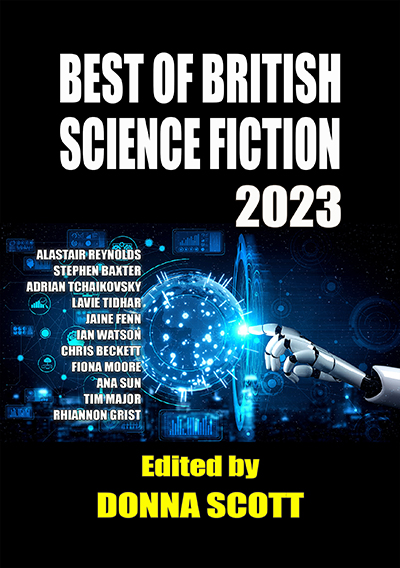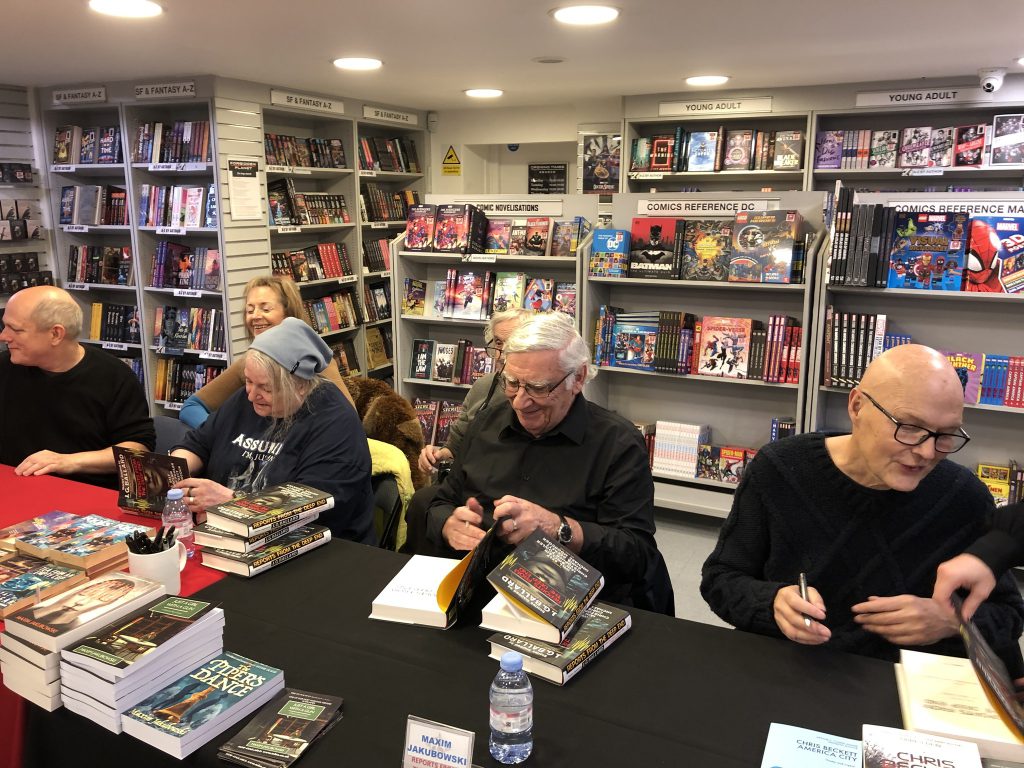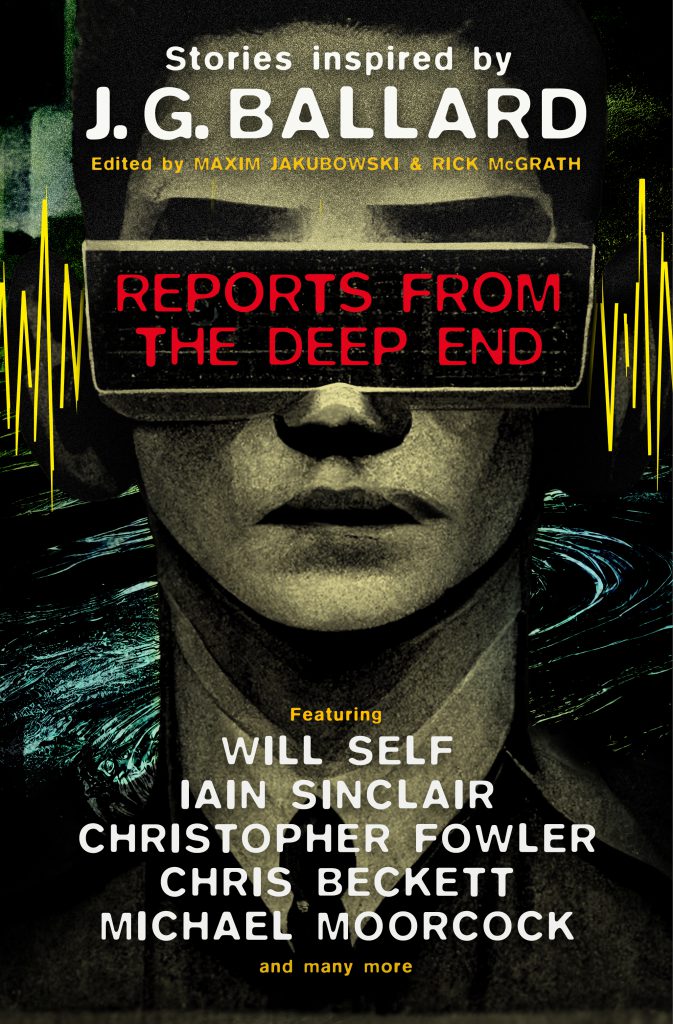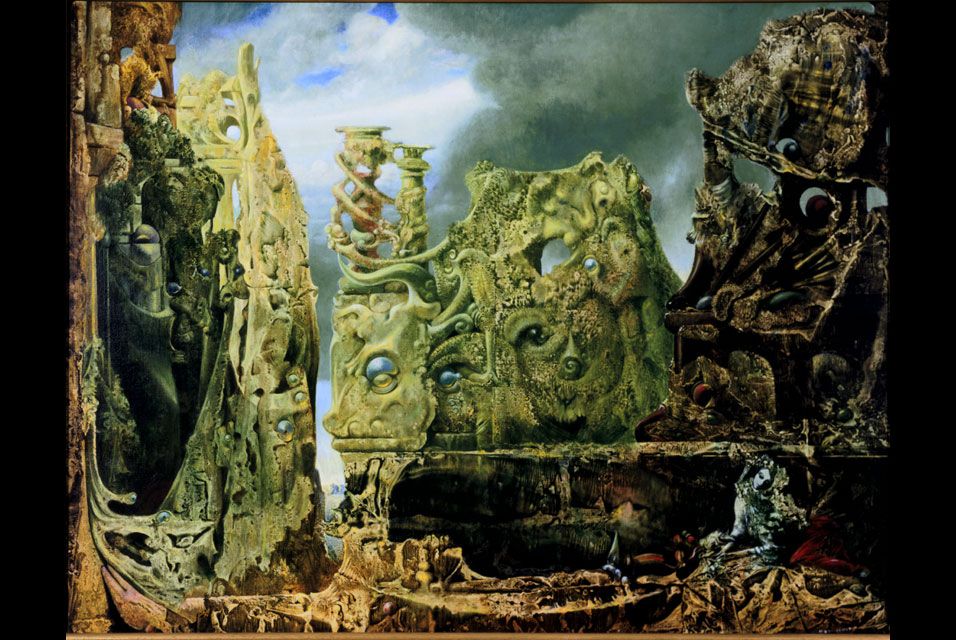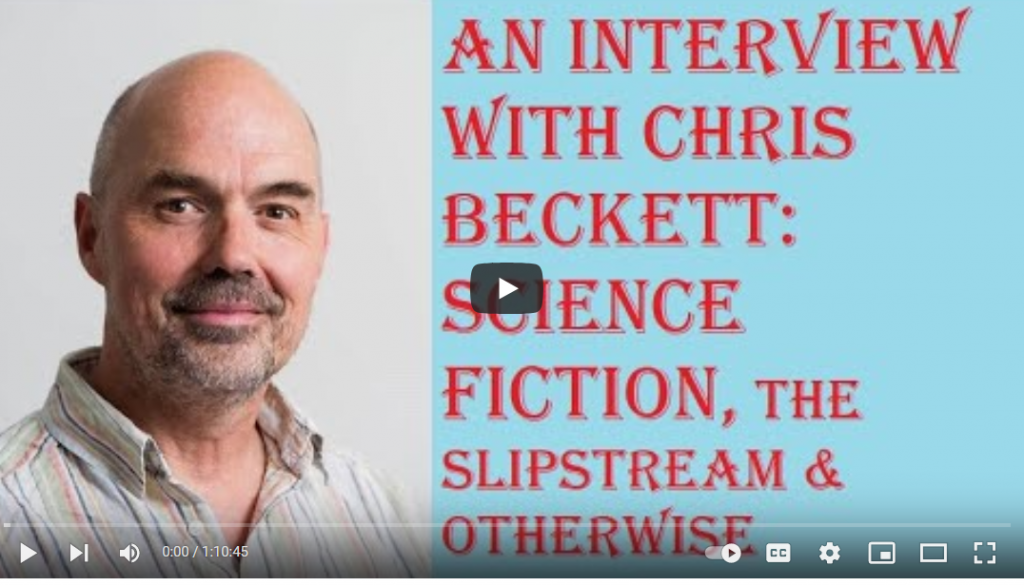There’s the old-fashioned type of massacre, and the new kind. In the old kind, people are murdered en masse by others who are right there in front of them. Men, women, children may be killed indiscriminately, buildings may be looted and set alight, girls and women may be raped, but, whatever exactly the massacre consists of, it’s done by people who can see with their own eyes both their victims’ faces and the direct consequences of their own actions.
In the modern kind of massacre, the killing is done from the sky by people who have never met the folk they kill and don’t have to see how they die. This second kind can be as deadly or deadlier than the first – in World War II, for instance, a hundred thousand people were killed in a single night’s raid on Tokyo, many of them burnt alive- but the aircrews can fly back to base without witnessing the burnt and broken bodies they’ve left behind them, the screaming children covered in blood, the frantic parents clawing at the rubble…
We tend to be less appalled, less morally outraged, by the second kind than the first, to the point that bombing raids are not usually even described as massacres. Like the people who do the killing, we seem to buy into the idea that there’s something less culpable about murdering people you don’t ever meet, than doing it face to face. And certainly I find it easier to picture myself pushing a button to release a bomb, even when I know the bomb will kill and maim children, than it is to imagine myself, say, plunging a bayonet into a terrified child. But is there really a moral distinction? Or is it just that the former makes us feel less squeamish?
